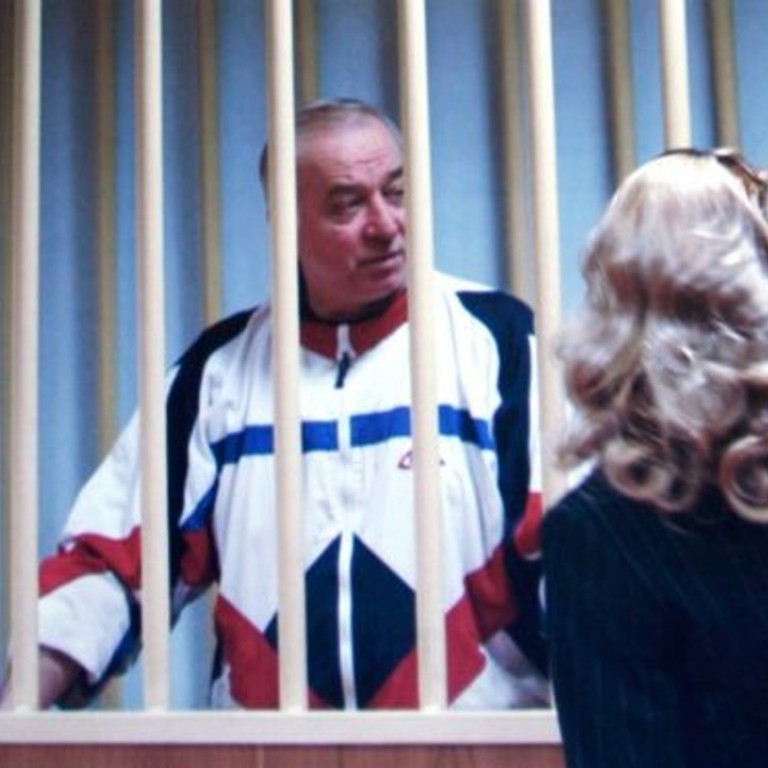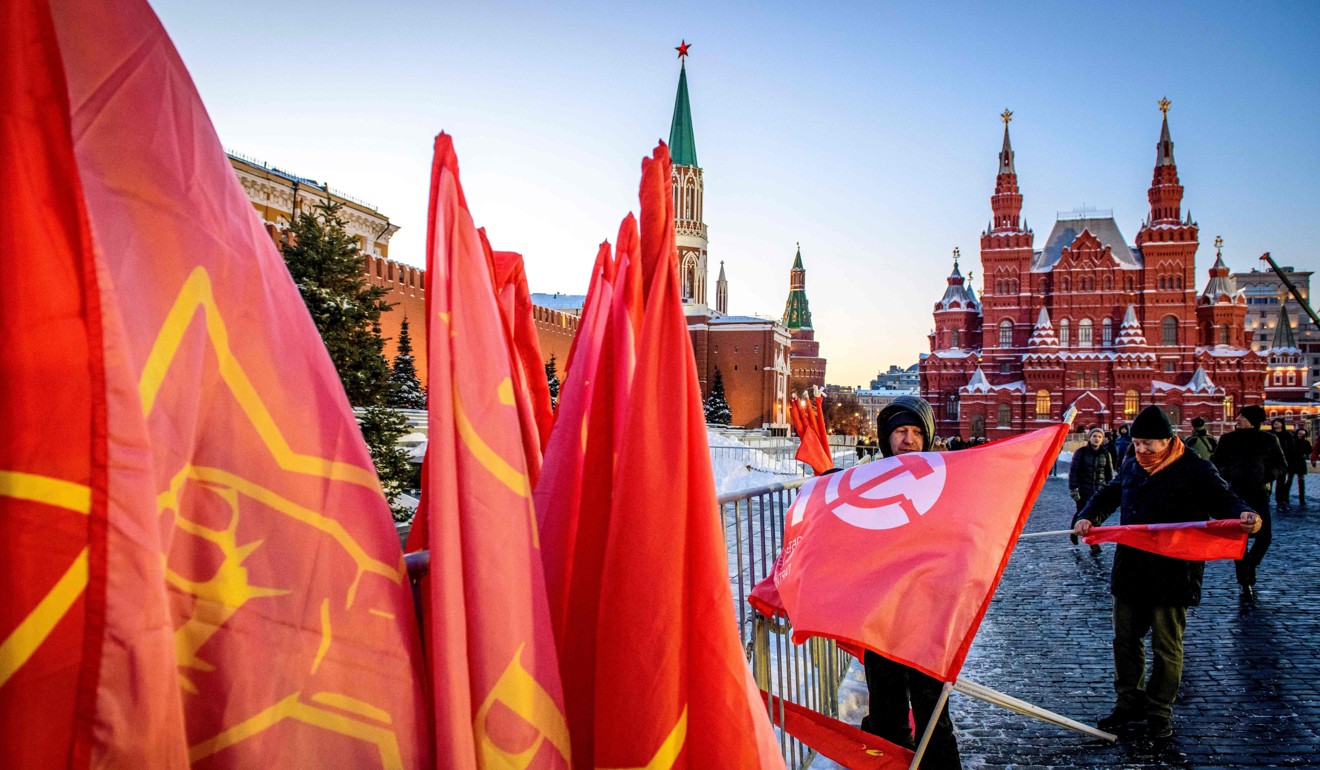
Found twitching and unconscious on English park bench, ex-Russian spy is critically ill after exposure to mystery toxin
Sergei Skripal, who was found with a woman in the UK city of Salisbury, was granted refuge in Britain after a spy swap between the United States and Russia
Former Russian spy Sergei Skripal was one of two people reported critically ill on Monday after exposure to an unidentified substance in Britain, two source close to the investigation said.
British police said two people, a 66-year-old man and a 33-year-old woman, had been found unconscious on a bench in a shopping centre on Sunday in the southern English city of Salisbury after exposure to the unknown substance; a witness said the man was twitching and staring upwards. British police did not release the names of those who were being treated but two sources close to the investigation told Reuters that the critically ill man was Skripal.
Both are critically ill in intensive care. Police declared a major incident.
Skripal, once a colonel in Russia’s GRU military intelligence, was convicted in Russian of betraying agents to British intelligence. He was later swapped and granted refuge in Britain as part of a Cold War style spy exchange in Vienna in 2010.
It was unclear what substance caused Skripal to fall ill.
“This has not been declared as a counter-terrorism incident and we would urge people not to speculate,” Wiltshire police’s Temporary Assistant Chief Constable Craig Holden told reporters.
“The pair, who we believe are known to each other, did not have any visible injuries.”
“On the bench there was a couple, an older guy and a younger girl. She was sort of leant-in on him, it looked like she’d passed out maybe. He was doing some strange hand movements, looking up to the sky,” witness Freya Church told the BBC.
“They looked so out of it that I thought even if I did step in I wasn’t sure how I could help, so I just left them. But it looked like they’d been taking something quite strong.”
A hospital in Salisbury said earlier on Monday it was “dealing with a major incident involving a small number of casualties.”
It said staff and patients should come to the hospital as usual.

Relations between Britain and Russia have been strained since the murder of ex-KGB agent Alexander Litvinenko in London in 2006, a killing which a British inquiry said was probably approved by President Vladimir Putin.
The Kremlin has repeatedly denied any involvement in the killing.
Litvinenko, 43, an outspoken critic of Putin who fled Russia for Britain six years to the day before he was poisoned, died after drinking green tea laced with the rare and very potent radioactive isotope at London’s Millennium Hotel.
It took some time for British doctors to discern the cause of Litvinenko’s illness.
Skripal was sentenced in Russia to a 13-year prison term before he was pardoned in 2010 as part of a spy swap with the United States.
Following his arrest in Moscow in December 2004, Skripal confessed he had been recruited by British special services in 1995 and was feeding them information about Russian agents in Europe, receiving over $100,000 for his services.
One of the Russian spies exchanged for Skripal was Anna Chapman, who was greeted as a hero by the Kremlin. She was one of 10 spies who tried to blend in to American society in an apparent bid to get close to power brokers and learn secrets.
Putin, himself a former KGB officer, sang patriotic songs with the returned spies.
Additional reporting by Agence France-Presse

